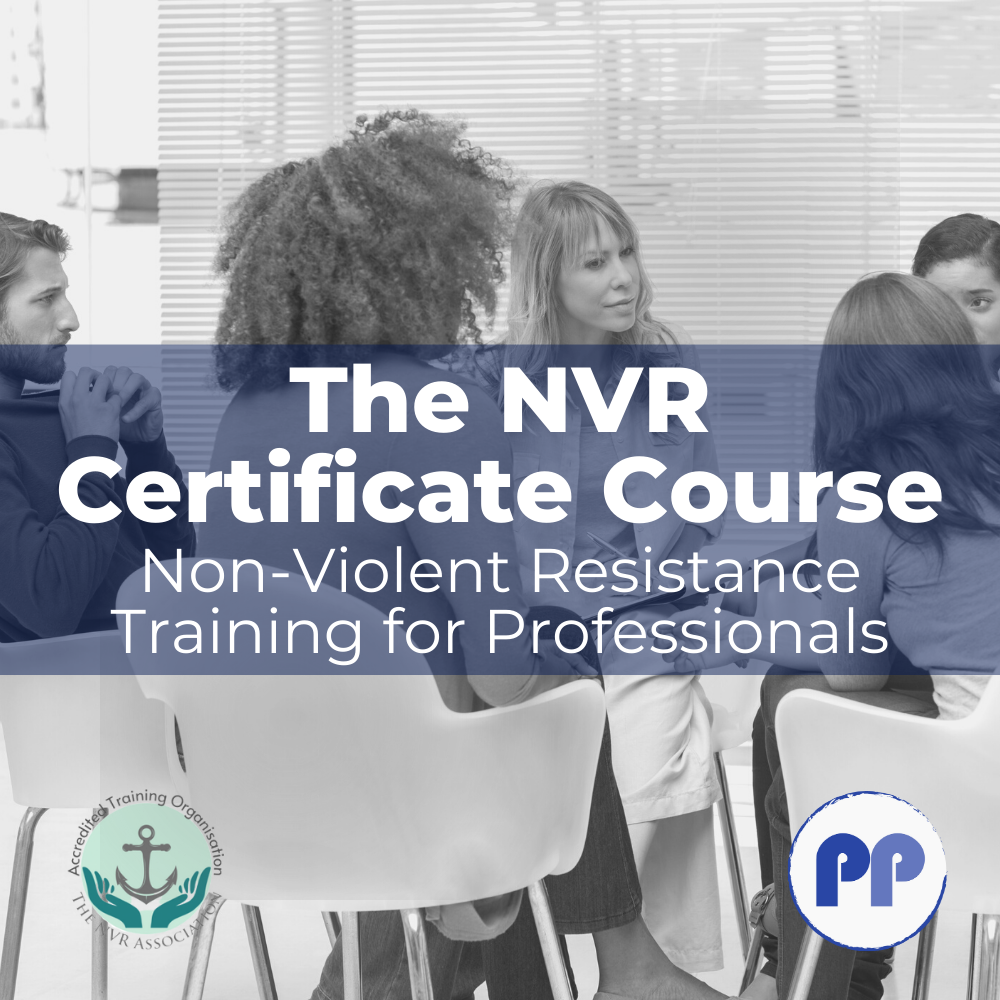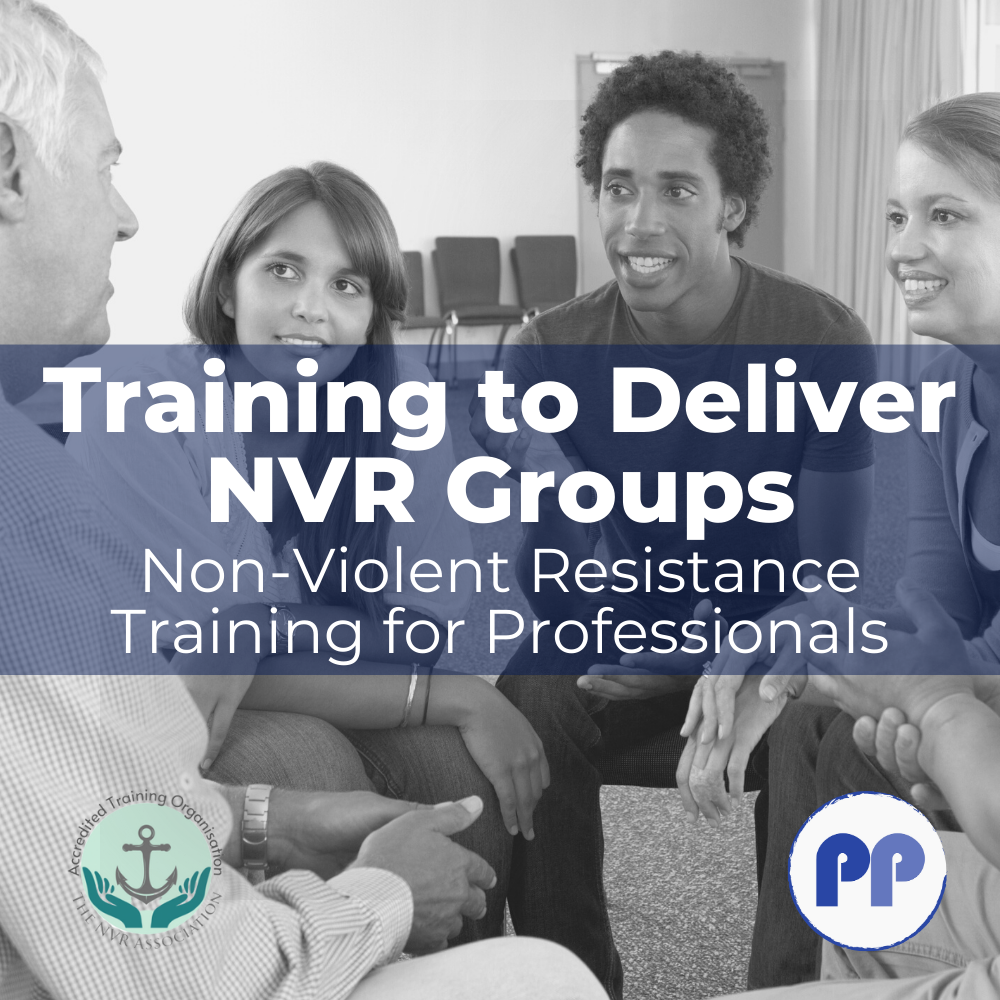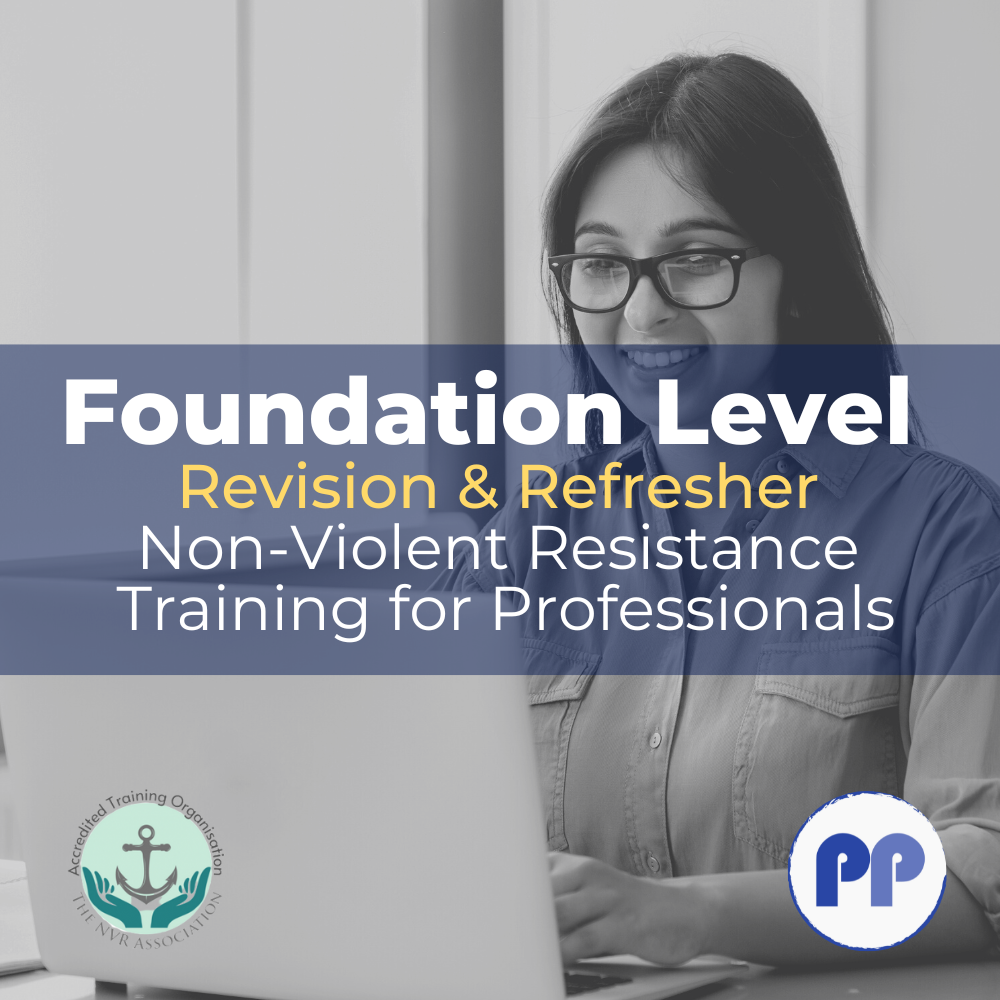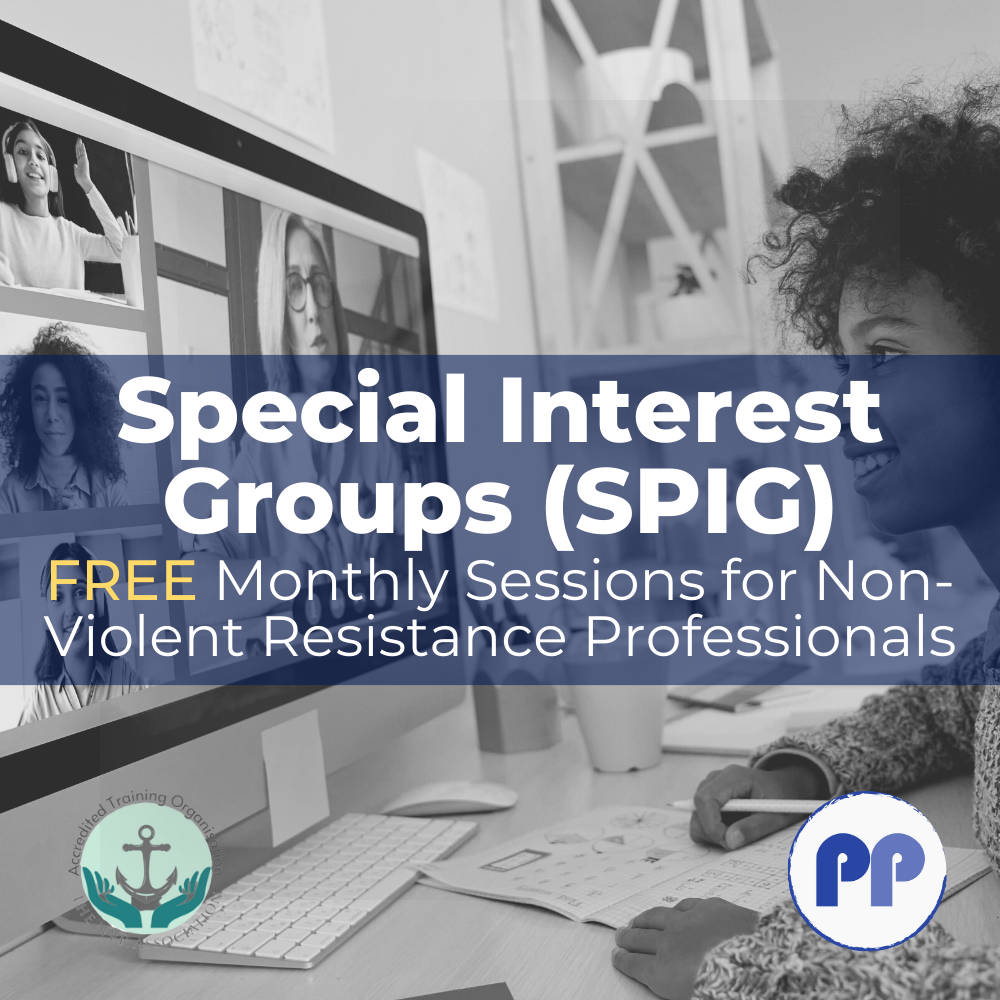NVR Through the Lenses of Neurodiversity and Learning Disabilities with Dr. Hannah Moore
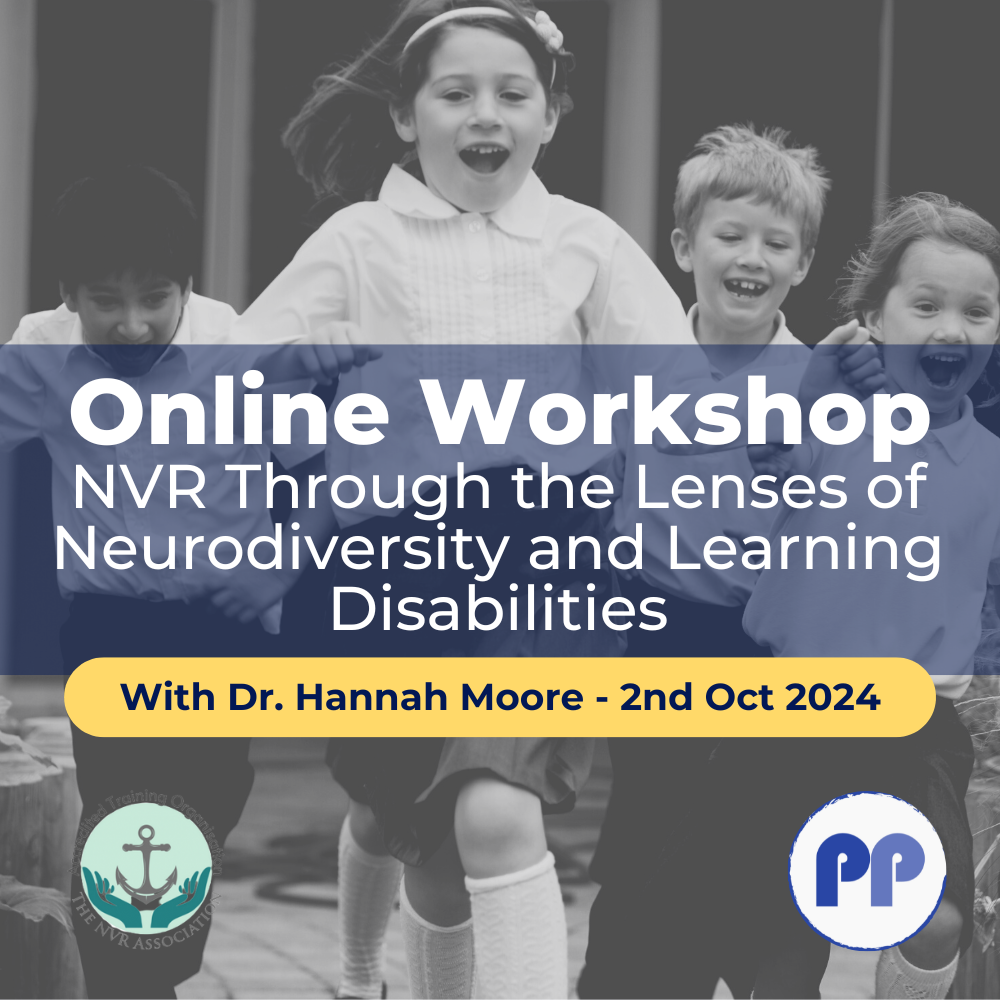
NVR Through the Lenses of Neurodiversity and Learning Disabilities with Dr. Hannah Moore
Train with the leading & award-winning provider of Non-Violent Resistance Training for Professionals
Join our exclusive one-day online workshop with Dr. Hannah Moore, ‘NVR Through the Lenses of Neurodiversity and Learning Disabilities’
The workshop will be brought to you LIVE online via Zoom on Wednesday 2nd October 2024, and is open to NVR Professionals.
About the Workshop
My experience of using NVR with families of children with Learning Disabilities and Neurodiversity has been that it has provided a framework to support families to navigate to a position of strength and parental legitimacy in the face of trauma, adversity and aggression. Dominant narratives within the system context for children with neurodiversity and learning disabilities typically focus around the notion that the destructive behaviour of a child is a result of a disorder or problem within them, leading to the dominance in the field of problem saturated terminology, including: ‘challenging behaviour’. In such a system, it can be so hard to feel legitimacy in naming violence. This can impact parental anchoring, especially influencing capacity to resist, with many parents identifying with patterns of accommodating around their child’s anxiety, aggression and control. Erasure and feeling powerless to effect change can be common experiences of parents of children with neurodiversity and learning disabilities. In my experience, NVR provides the opportunity to influence the shame of experiencing violence as a parent rather than feel paralysed by it.
In this workshop we will think about how NVR can help reframe narratives that are limiting within this population, building on strengths. We will think about how labels such as Autistic Spectrum Condition, ADHD and Learning Disabilities orientate the system, exploring what possibilities can be created by ‘thickening up’ other more marginalised narratives. This is considered in the context of key factors that orientate services of children with neurodiversity and learning disabilities, including, social isolation and risk. A ‘road map’ incorporating the cornerstones of NVR, is introduced as a way of enhancing parental legitimacy and overcoming the experience of erasure and powerlessness.

The flow of life for parents with children with learning disabilities and neurodiversity

Meet Dr. Hannah Moore
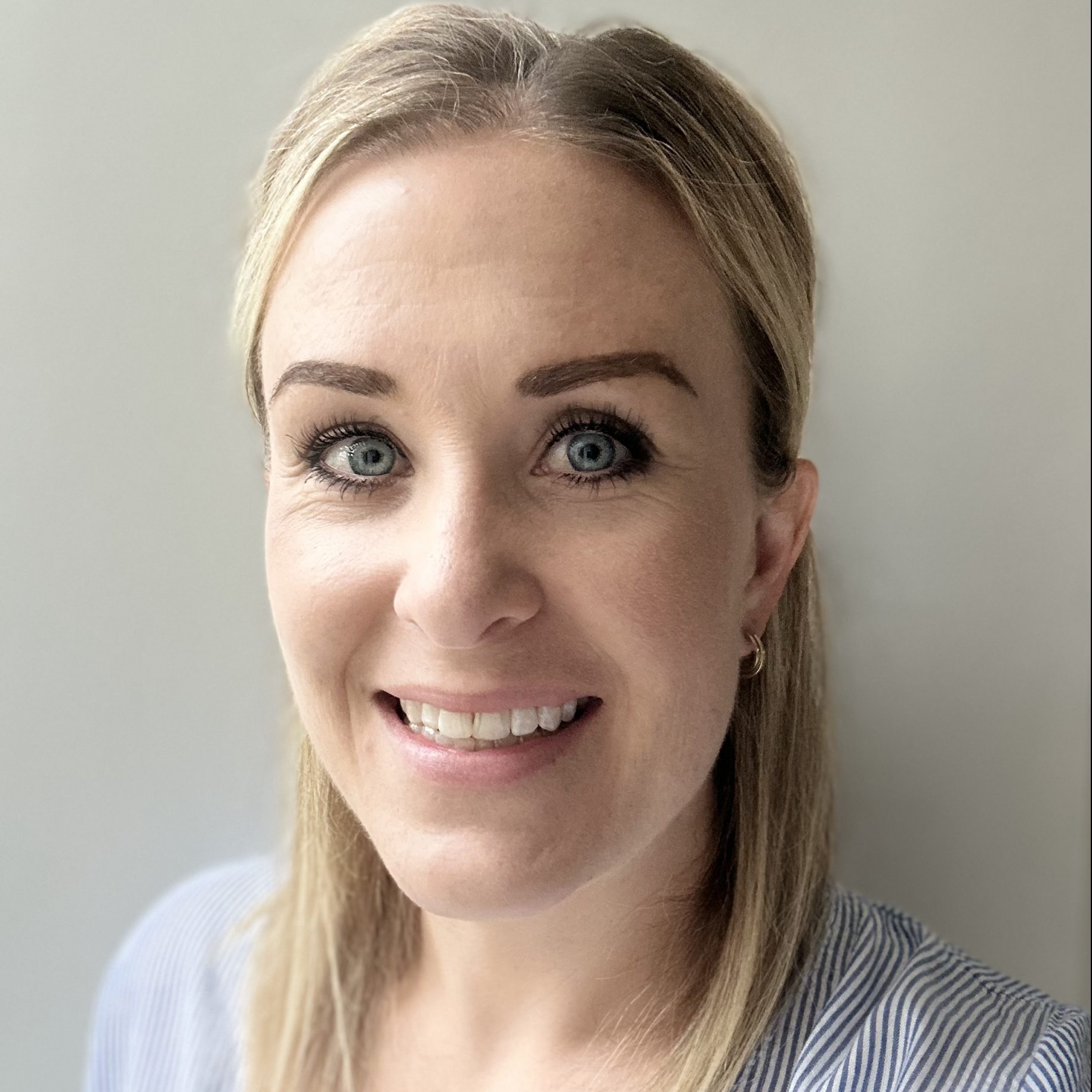
Clinical Psychologist, NVR Practitioner
NVR Association (NVRA) Accredited Practitioner and Supervisor
I am a clinical psychologist and NVR Practitioner; I am also trained in Supportive Parenting for Anxious Childhood Emotions (SPACE). I have had the pleasure of working with individuals with Learning Disabilities and Autistic Spectrum Conditions (ASC), both in adult and child settings, for over 20 years. Following my doctoral training in Clinical Psychology, I have spent the past 10 years becoming immersed in children’s services, specialising in working with children with Learning Disabilities and ASC across Child and Adolescent Mental Health Services (CAMHS). I am currently the clinical lead for CAMHS Learning Disabilities Services within my trust. I have extensive experience of working with families who have experienced trauma, adversity and violence; supporting children in care; providing consultation to the system around the child, including social care and schools, and, providing supervision.
Within my work, my focus is supporting the moving away from considering the problem as located within the child, to understanding problems as existing (and maintained) in the interactions between individuals, taking a strengths-based focus, as well as, identifying solutions within the child and family context. NVR enables one to challenge the commonly held beliefs that ‘challenging behaviour’ for children and young people with Learning Disabilities and ASC is inevitable and supports parents to feel legitimacy in naming and resisting violence. Frequently many parents name how NVR has given them ‘permission’ to do things differently when dealing with aggression and control from their child. The anchoring function of focusing on the relationship in NVR has enabled the opening up of different perspectives on, and approaches to, the ‘problem’, moving away from a ‘disablist narrative’ and the dominant story of ‘challenging behaviour’ that is limiting.
Important Information
How much does it cost?
Price:
£150+VAT
Includes joining link to the full workshop LIVE online
When & Where?
When:
Wednesday 2nd October 2024, 9:30am to 4:30pm (with plenty of breaks)
Where:
Hosted LIVE online via Zoom Pro
The full training agenda for the day will be released soon!
Who Can Attend?
The workshop is open to practitioners in CAMHS, mental health, social care, education, youth justice and the independent sector, who already have an understanding of the core principles of NVR.
Also available for Group Bookings, contact us today for a free no-obligation consultation & quote.
Email: training@partnershipprojectsuk.com
Why train with us?

Established in 2006
The first specialist provider of NVR training & interventions in the UK

The leading provider in the UK
We've trained more professionals, & supported more families than any other provider

Highly Qualified Trainers & Coaches
Our team hold the highest qualifications available

Award Winning
Winners of the ‘Most Influential Advice Website' in the Childcare Service 2023 category run by the Business Awards UK

Over 1000 Professionals trained each year
Over the last 3 years we have trained over 3000 people

Over 90 families supported each year
Each year we offer individual coaching & group sessions for over 90 families
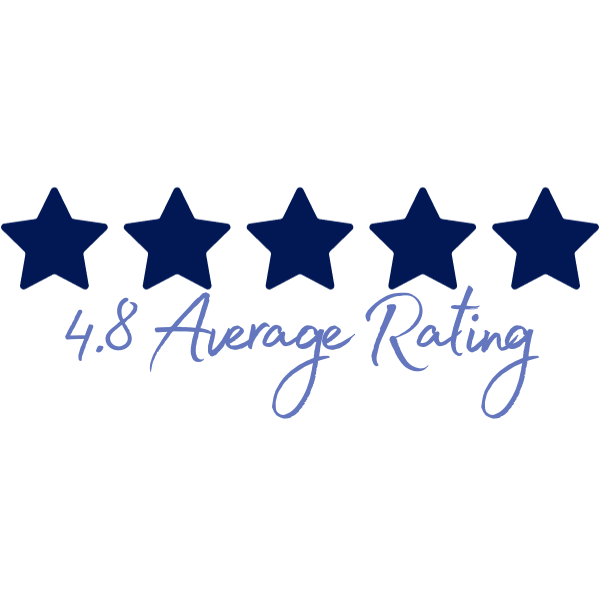
4.8 Star Average Rating
From our professional training

Our company is certified
We are registered with; CPD, Independent Safeguarding CIC, NVR Association (NVRA)


